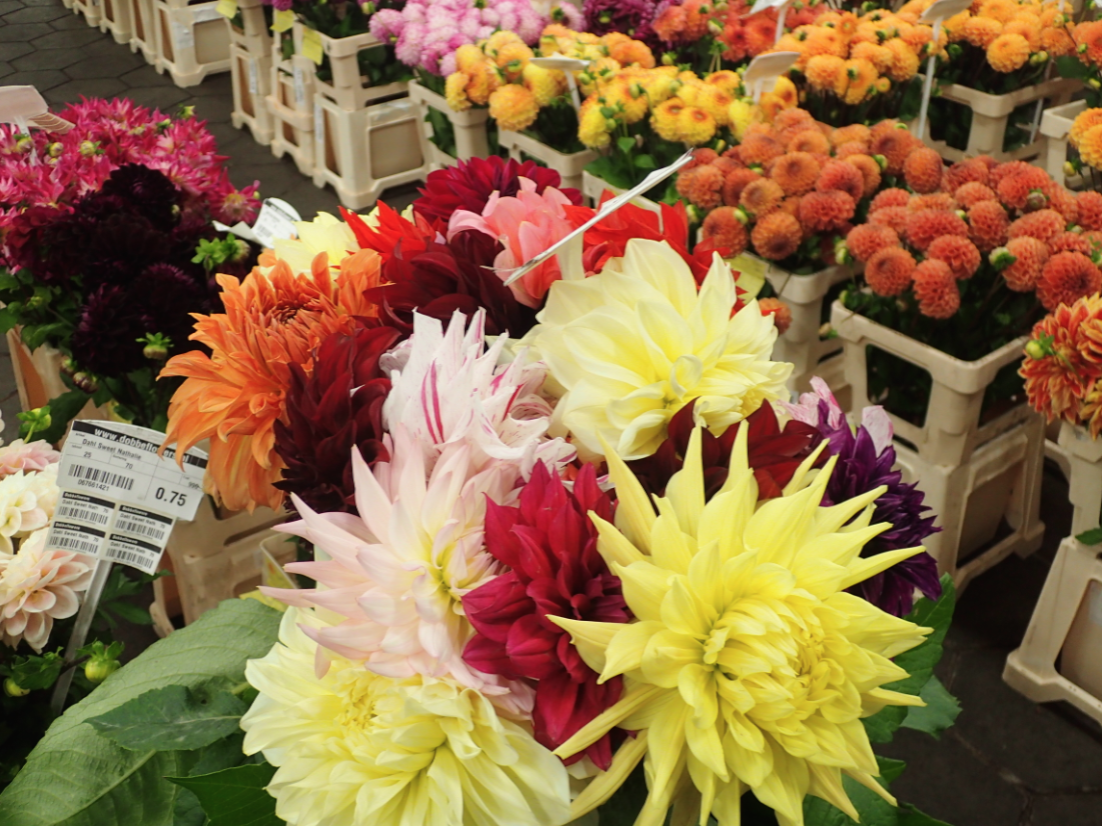Don’t say it with toxic flowers on Mother’s Day, campaigners say

The sale of flowers containing high levels of pesticide residue should end, environmental organisations Natuur & Milieu and pesticide action network PAN have said, ahead of Mothering Sunday on May 11.
“We want a legal maximum for residual pesticides on cut flowers, the same as for food,” Natuur & Milieu spokeswoman Berthe Brouwer told the AD. “That means controls will finally be put in place, which will be an extra incentive for the flower sector to make production more sustainable.”
The pesticides used by the flower sector are detrimental to health, with some experts blaming them for an explosion of Parkinson’s cases worldwide. There are no legal limits for residues because cut flowers are not a food.
In a spot check earlier this year, PAN found the residue of 71 pesticides on cut flowers bought at flower shops, supermarkets and online shops, 24 of which were illegal in the EU.
This week consumer television programme Radar had six bouquets of roses, lilies and gerberas checked out, and all contained pesticides, including some which had been banned years ago.
“I was surprised to find those,” biochemist Jos Bouwers said. “There is a reason these chemicals have been banned.”
Dutch growers are not necessarily to blame for the toxic residue because many of the flowers are imported from Africa and Colombia but resistance against growers using pesticides in the Netherlands is mounting.
PAN said that flowers containing any of the illegal chemicals should be taken out of circulation. “Pesticides which are banned in the EU are being produced here and exported to flower-producing countries. I think that’s immoral,” PAN spokeswoman Margriet Mantingh said.
Garden centres have been cleaning their act when it comes to pot plants, following a damning report by Greenpeace dating back to 2014. In that research 69 plants bought at Groenwijk, Intratuin and Boerenbond/Welkoop garden centres turned out to contain 505 doses of pesticide, including 113 that were deadly to bees.
Intratuin, the worst offender, has since removed the weed killer Roundup from its shelves and has been testing its plants for pesticides.
“It’s not enough,” Mantingh said. “At this rate you won’t save biodiversity and insects,” she told the Volkskrant.
Thank you for donating to DutchNews.nl.
We could not provide the Dutch News service, and keep it free of charge, without the generous support of our readers. Your donations allow us to report on issues you tell us matter, and provide you with a summary of the most important Dutch news each day.
Make a donation